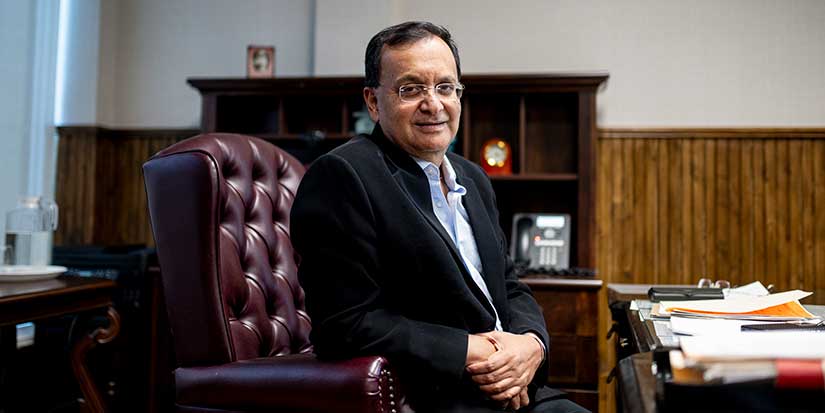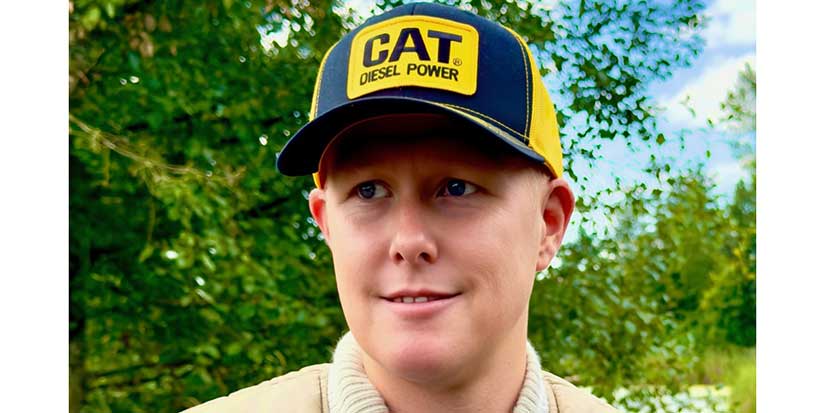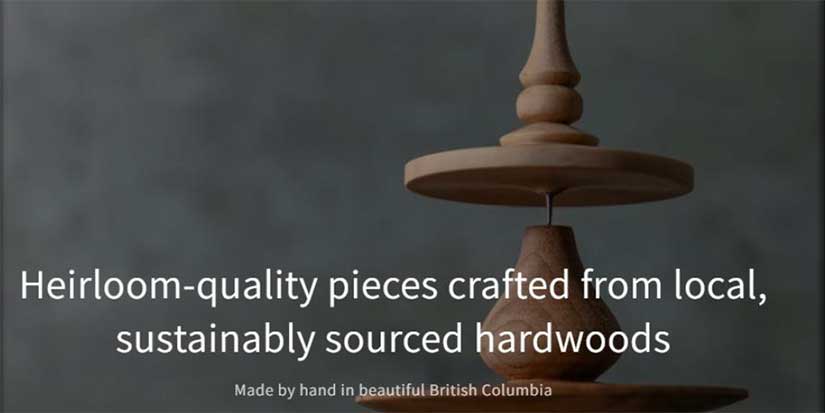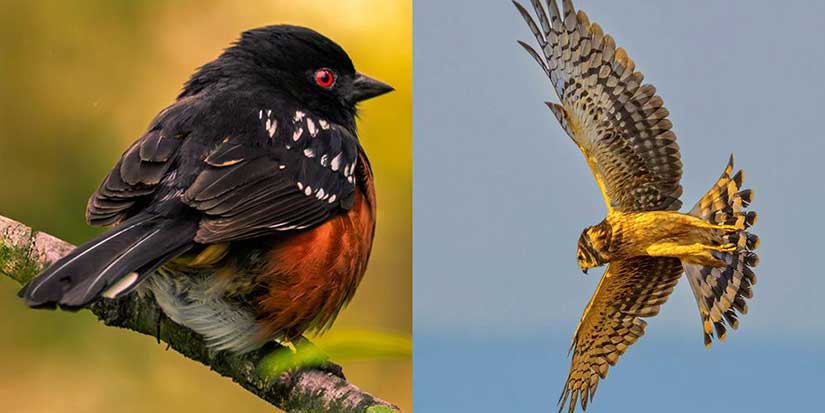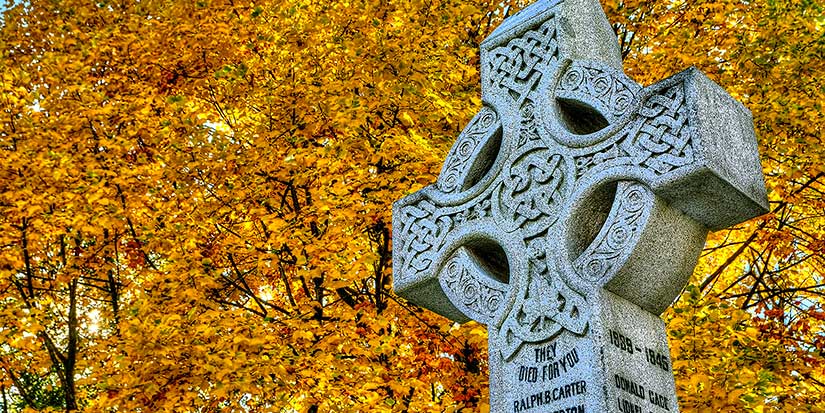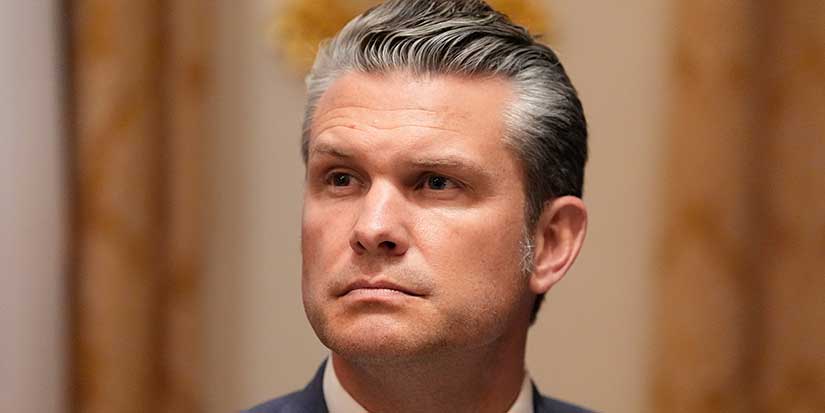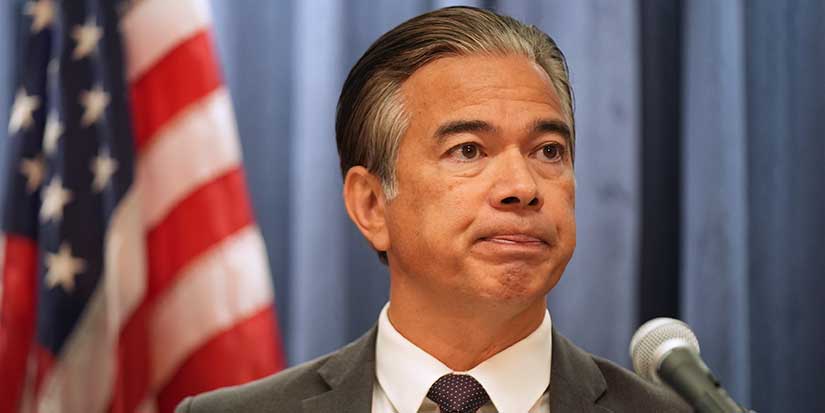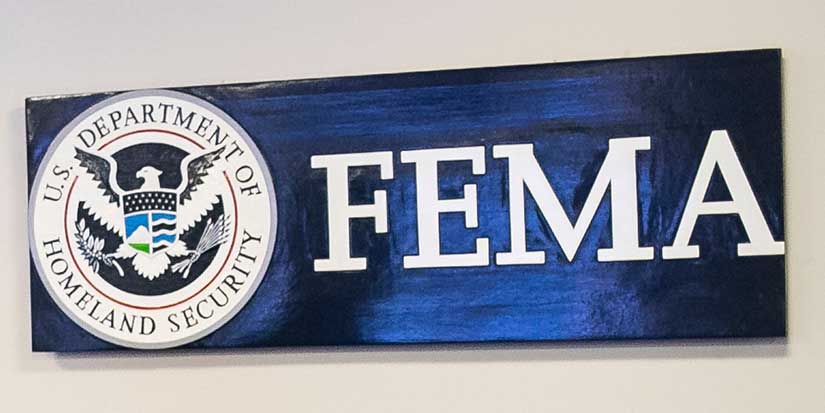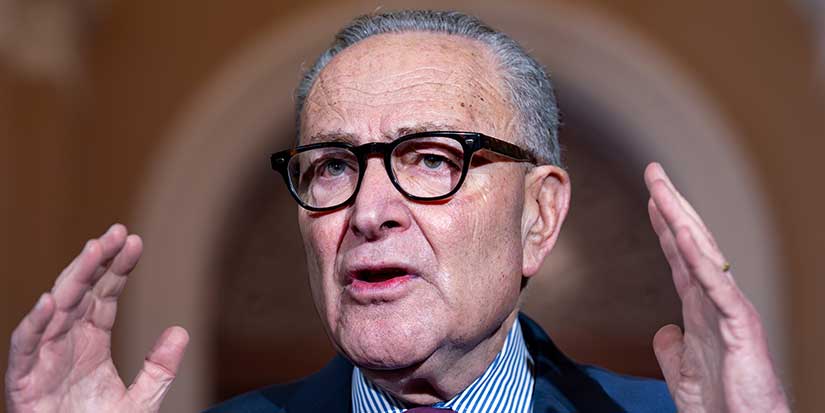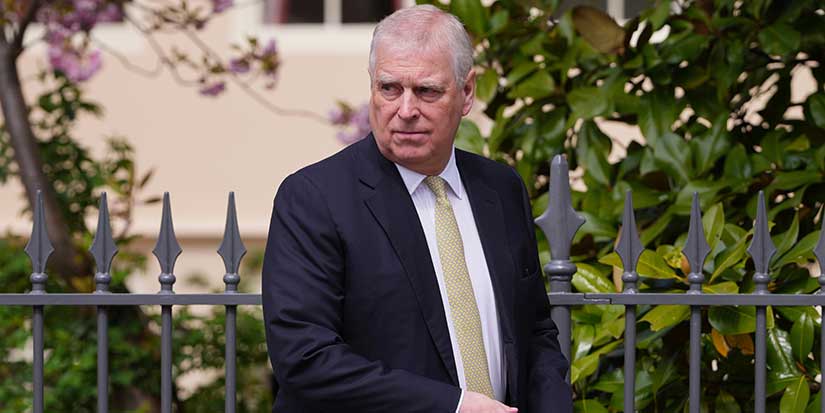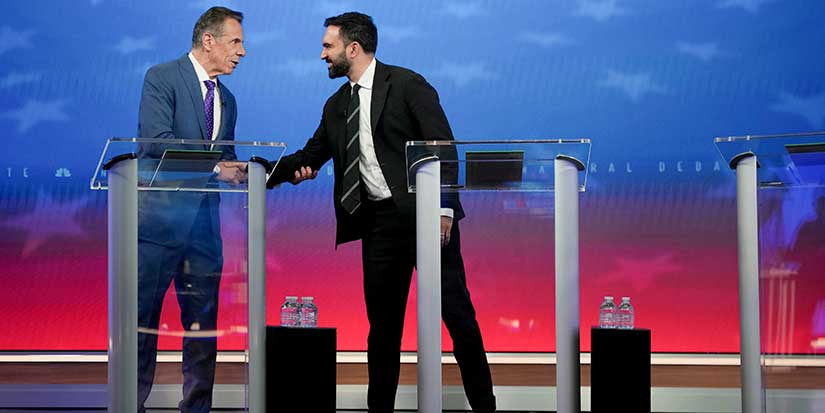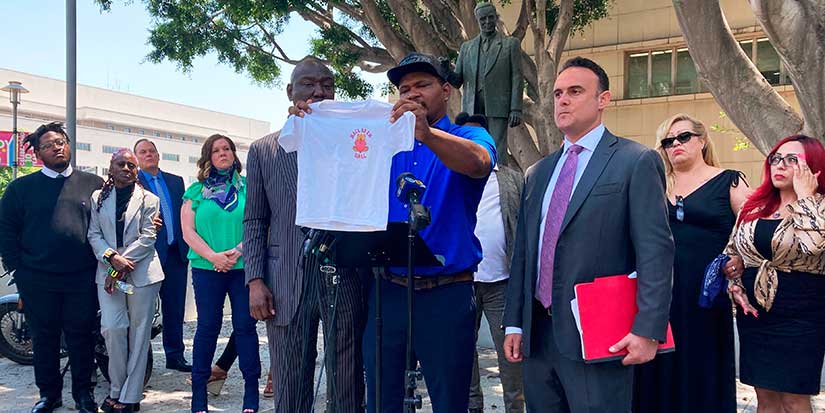National News
India's new envoy pitches full trade deal with Canada, but urges business to act now
Published 11:36 PDT, Fri October 17, 2025
—
India's new envoy to Canada says Ottawa should pivot away from pursuing a scaled-down trade deal and instead reach for a comprehensive trade and investment agreement with the world's most populous country.
In a wide-ranging interview with The Canadian Press, Indian High Commissioner Dinesh Patnaik also said Canadian businesses should expand trade and investment ties with India now, without waiting for governments to sign a formal trade agreement.
"We are more interested in a comprehensive package than something with low ambition. We want a higher ambition," he said in a Thursday interview.
"A trade deal is something we should not wait for. We should start getting whatever we can, the early gains."
Canada and India have been in trade talks since 2010. Those negotiations were paused and restarted more than once, and were shut down entirely by Ottawa in 2023, after the federal government accused New Delhi of playing a role in the assassination of a Canadian Sikh activist in Surrey, B.C.
The Carney government has made it a priority to reset relations with India, including a visit earlier this month by Foreign Affairs Minister Anita Anand to India where both countries released a joint statement titled "renewing momentum towards a stronger partnership." The statement mentioned trade multiple times.
The statement was a major shift in tone from a year prior, when Canada expelled six senior Indian diplomats after the RCMP alleged New Delhi was behind wide-scale murder, extortion and coercion in Canada. In autumn 2023, India stripped diplomatic protection for most Canadian envoys.
Patnaik said despite the "slight hiccups" in the diplomatic relationship in recent years, "trade hasn't slowed down."
"But to look at it the other way, trade has never reached the heights as (it) should have been, between a G7 country and the fourth largest economy in the world," he added.
Before the diplomatic chill began in 2023, Canada and India had already scaled down their ambitions for trade talks from seeking a comprehensive economywide agreement to pursuing a deal limited to specific industries.
The trade talks that launched in 2010 involved a Comprehensive Economic Partnership Agreement, but by 2023, negotiations were intensifying toward an Early Progress Trade Agreement, which might have held on its own or led to a later, comprehensive deal. Neither country formally declared which sectors were on the table.
India has signed both types of deal with different countries. For example, Australia signed such a limited deal in 2022 that included sectors such as coal, lentils and rare earths, with talk of possibly launching talks for a broader agreement.
Patnaik said India wants to "interact in every sector" with Canada through an agreement that goes beyond trade in specific goods, such as Canadian lentils and Indian textiles.
He said a trade pact would yield huge economic benefits if it included service sectors such as education and cultural fields such as filmmaking.
"It is time for us to look at things in a different perspective," he said.
"I don't want to reduce trade to only buying and selling, but to this larger economic framework where we have investments, where we have human resource collaborations, scientific research, innovation, high technology — everything."
Both Canada and India are working to diversify their trade away from an increasingly erratic United States. U.S. President Donald Trump hit Canada with tariffs he linked to the minuscule flow of fentanyl across the border, and imposed 50 per cent tariffs on Indian products to pressure New Delhi to stop buying Russian oil.
But Canada was falling behind peer countries on trade with India even before Trump returned to the White House, Patnaik said.
He pointed out that since trade talks with Ottawa began in 2010, New Delhi has signed deals with the U.K., Australia and the United Arab Emirates and is "on the verge of signing one" with the European Union.
"If, probably, the trade talks with Canada would not have been paused, we probably would have had a trade agreement with Canada," he said.
"We are moving forward with the rest of the world, and we do not want to have a lesser ambition with Canada."
India has long been viewed by trade analysts as a protectionist country, with strict control over imports and the scope of foreign companies, along with a focus on domestic manufacturing. The country has a trade surplus with many western nations, partly because of a boom in outsourced call centres and IT systems.
The country also imposes conditions on trade that have made it challenging for foreign firms — such as the fumigation rules it imposed on Canadian peas and lentils in 2017.
The briefing binder Canada's foreign service prepared for Trade Minister Maninder Sidhu when he took on the job this spring cited both the benefits and pitfalls involved in pursuing more trade with India.
"India offers significant opportunities over the medium term, despite it being a challenging market for exporters," says the May briefing book.
In that document, Global Affairs Canada accuses India of putting pressure on the global trading order upon which Canada relies, particularly the rules outlined by the World Trade Organization.
"Negotiations of major interest such as agriculture have long been stalemated. A handful of obstructive members, led by India, routinely block outcomes negotiated and desired by most members," the binder says about the WTO.
Patnaik said India "will do whatever is necessary to increase trade" with Canada.
"If we can just change laws and work sector by sector, we might as well do that," he said.
Patnaik also suggested India wants to move past trade conflicts over issues such as fumigation and pesticides.
"Trade is basically opening up, not putting barriers. No non-tariff barriers, no sanitary phytosanitary issues," he said.
He also presented his country as a pluralistic democracy that shares values and extensive diaspora ties with Canada.
The American non-profit Freedom House gives India a score of 63 per cent for freedoms, citing concerns about discriminatory policies, religious persecution and harassment of civil society groups under Indian Prime Minister Narendra Modi. It also says the country is a genuine multiparty democracy with free and fair elections.
"'We are two democracies with complementary economies, open societies, diversity, pluralism, democracy, rule of law, freedom of press — everything that binds us together. And so we should be much more closer," Patnaik said.
"Let's find ways of having an interaction which is much more intense, much more strategic, much more closer than what we have at present."
– Dylan Robertson, The Canadian Press
